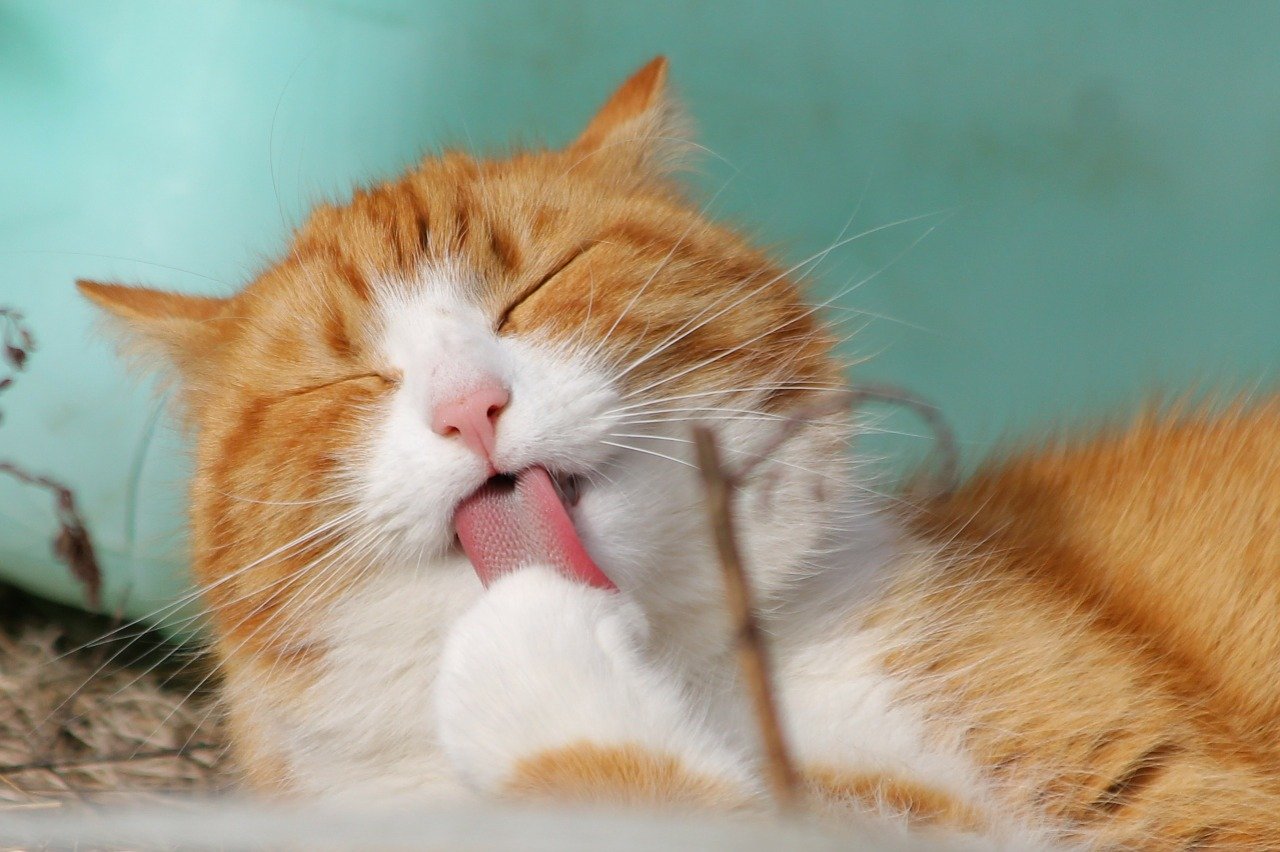
Shenzhen bans eating of cats and dogs due to coronavirus outbreak, according to Chinese officials.
Shenzhen has become the first city in China to prohibit the sale and eating of the meat from cats and dogs.
This decision has been made after the COVID-19 outbreak was linked to wildlife meat. Chinese authorities were prompted to disallow the trade and consumption of wild animals.
Shenzhen did more than that, extending the ban to cats and dogs. Their new policy will become effective on 1 May.
Humane Society International (HSI) reported that thirty million dogs are killed across Asia for meat every year.
The practice of eating dog meat in China is reportedly not common as most Chinese people have not eaten such meat yet and expressed refusal to do so.
"Dogs and cats as pets have established a much closer relationship with humans than all other animals, and banning the consumption of dogs and cats and other pets is a common practice in developed countries and in Hong Kong and Taiwan," the Shenzhen city government said based on a Reuters report.
"This ban also responds to the demand and spirit of human civilization."
A watershed moment
Meanwhile, Animal advocacy organisation HSI commended the decision of Shenzhen.
"This really could be a watershed moment in efforts to end this brutal trade that kills an estimated 10 million dogs and 4 million cats in China every year," said Dr Peter Li, China policy specialist for HSI.
However, while this new policy is being pushed, China has legally allowed the use of bear bile to treat coronavirus patients.
Bear bile refers to a digestive fluid squeezed out from living bears. This has long been used as traditional medicine in China.
Some Chinese people use ursodeoxycholic acid, the active ingredient, to dissolve gallstones and cure liver disease. However, there is no proof that it can effectively combat coronavirus. Also, the process of taking out the bile is painful and distressing for the bears.
"We shouldn't be relying on wildlife products like bear bile as the solution to combat a deadly virus that appears to have originated from wildlife," said Brian Daly, a spokesman for the Animals Asia Foundation, in an interview with AFP.
A wildlife market
Moreover, Chinese officials decided to ban the trade and consumption of wild animals in February.
The policy is based on the information that a market in Wuhan selling wild animals and wildlife meat may have started the outbreak of the new coronavirus. This allowed the transmission of the virus from animals to humans.
The Chinese government decided to prohibit the existing trade and apprehend the markets that offered such products.
Meanwhile, a Johns Hopkins University tally shows that confirmed coronavirus cases around the world are now close to one million. More than 47,000 deaths have been reported already.
In China alone, the National Health Commission reported 81,589 confirmed cases and 3,318 deaths.
Scientists and researchers have not yet discovered what the source of the virus is and how it could have transmitted and spread to humans.






